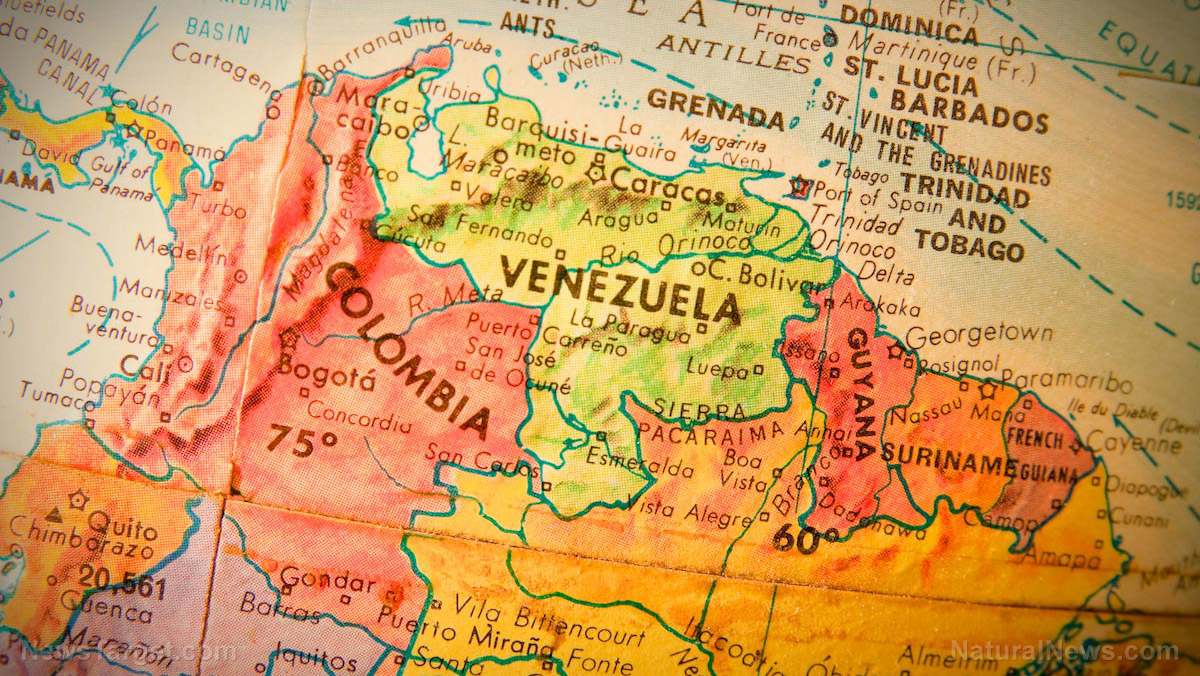How California totally screwed up a potential windfall of tax revenues on legalized cannabis
01/22/2019 / By Tracey Watson

They say that in life “nothing is certain but death and taxes.” Well, in the state of California, taxes might just be the cause of the death of the legitimate marijuana industry. Two years ago, when marijuana sales were legalized under Proposition 64, it was estimated that the state would be home to more than 6,000 properly licensed, legal pot shops within two years. However, the Los Angeles Times (LA Times) reports that to date, just 547 annual and temporary licenses have been issued by the state’s Bureau of Cannabis Control.
Interestingly, before the need for licenses kicked in at the beginning of 2018, close to 1,800 stores were paying taxes on the sale of medicinal marijuana, though even that number fell far below the projected 6,000 outlets.
So, what went wrong? The problem is that there is a thriving black-market marijuana industry in California, and a combination of an onerous number of complicated regulations and excessively high taxes have left dealers unwilling to make the transition to legalization. (Related: Marijuana growers are decimating California’s ecosystem, killing fish, destroying forests and draining streams.)
Complicated and expensive
Though legislators campaigned on promises that the legal cannabis industry would generate $1 billion in tax revenues annually, the reality has fallen far short of that, with just $471 million being generated in the past fiscal year. Though that might sound like a lot of money, when compared with states that have far smaller populations but are generating healthy tax revenues, it quickly becomes obvious that California is not where it should be.
Consider that Washington State received $319 million in legal marijuana taxes and license fees in fiscal year 2017, while Colorado collected $247 million in 2017. They have populations of just 7.5 million and 5.7 million respectively. California is the largest U.S. state with nearly 40 million people.
So, what are these states doing right? They charge far lower taxes on marijuana sales than California, where the combination of state and local levies totals a staggering 45 percent. And high taxes and levies are not the only problem these outlets have had to deal with. (Related: Police test marijuana breathalyzers on California drivers.)
The LA Times reported:
Retailers and growers say they’ve been stunted by complex regulations, high taxes and decisions by most cities to ban cannabis shops. At the same time, many residents are going to city halls and courts to fight pot businesses they see as nuisances, and police chiefs are raising concerns about crime triggered by the marijuana trade.
Essentially, the industry faces three massive challenges:
- The taxes are too high, which means it’s easier to stay part of the black market than to transition to the legal cannabis business;
- Though the state has legalized retail cannabis, most individual cities still ban it, making it extremely difficult to operate legally in any Californian city. The state is trying to get around this by encouraging online marijuana sales; and
- The regulations and processes involved in getting legally licensed are just too complicated and labor-intensive.
All things considered, it is unlikely that the state of California will be able to tap into the potentially lucrative marijuana market unless it gets individual cities on board, loosens up licensing regulations and dramatically reduces taxes and levies. Until then, the state will continue to lose millions in potential tax revenues.
Learn more about the health benefits of medical marijuana at CannabisCures.news.
Sources for this article include:
Tagged Under: big government, black market, California, cannabis, Collapsifornia, finance, incompetent, legislation, levies, licensing, marijuana, medical marijuana, recreational marijuana, stupid, tax rates, Taxes




















